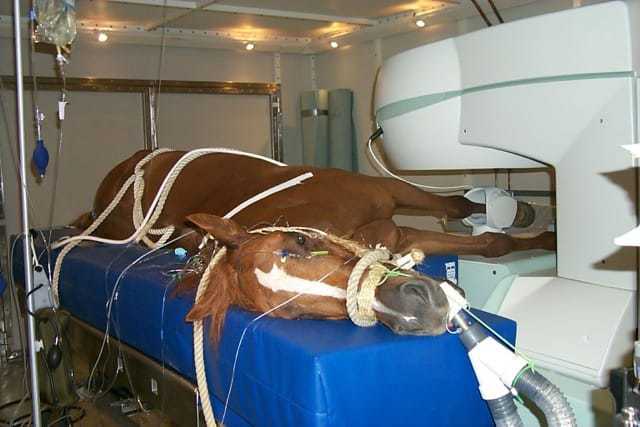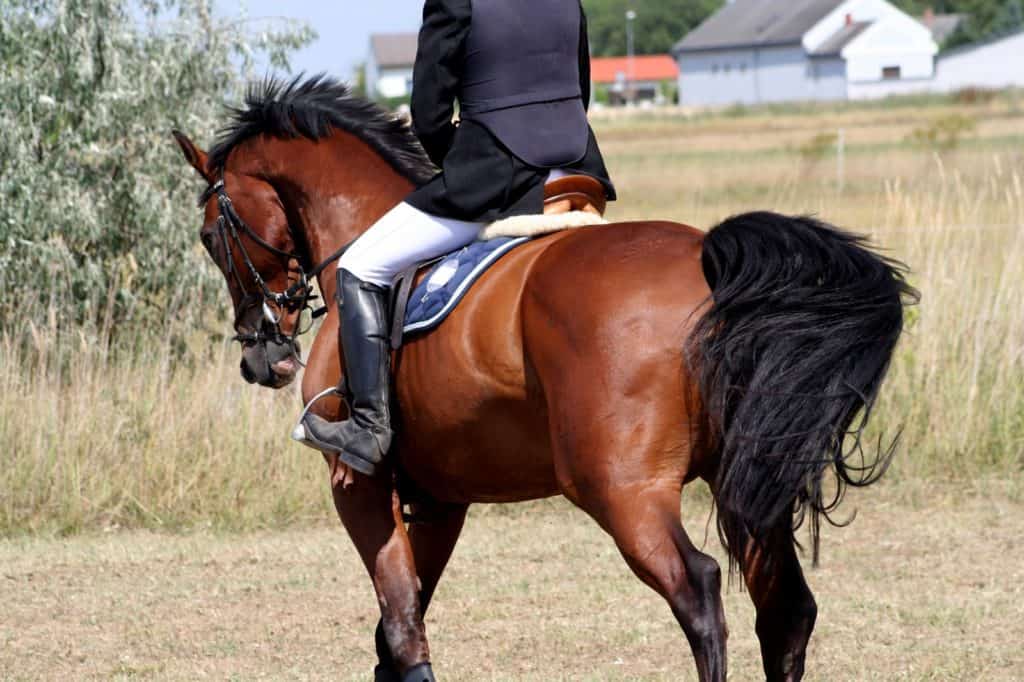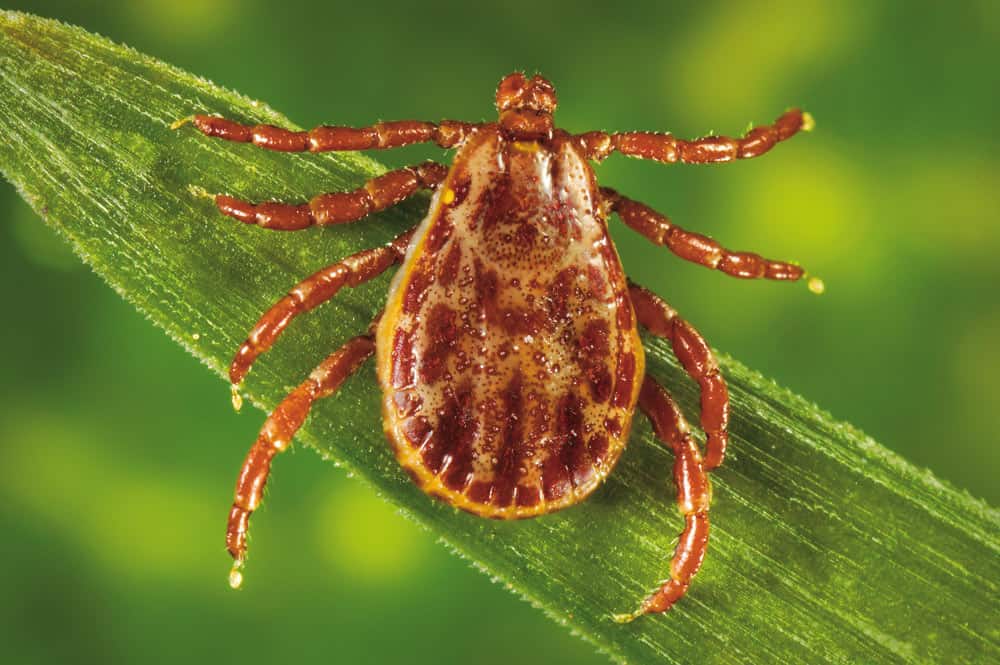UC Davis Welcomes Equine Reproduction Specialists
Following a two-year hiatus due to retirements, the VMTH Equine Reproduction Service returns to full strength.
News and issues for equine health professionals
Following a two-year hiatus due to retirements, the VMTH Equine Reproduction Service returns to full strength.

Neurologic signs, weakness, gait changes, and forelimb lameness can all point to an equine neck condition.
Veterinarians can earn 1 CE hour for attending the Nov. 6 webinar.

While equine skull fractures are unsightly and alarming, surgeons can often repair them successfully.

Arena maintenance changes the surface’s properties, which in turn alters horses’ movement patterns.

Go behind the scenes at the University of Pennsylvania School of Veterinary Medicine’s New Bolton Center.

Respiratory diseases at boarding barns present unique challenges for veterinarians, owners, and farm managers.
Equine influenza, equine herpesvirus, strangles, contagious equine metritis, and confirmed around the world.

British researchers learned that saddle slip could indicate subtle or low-grade hind-limb lameness.

Graduate students are uniquely positioned for immersion in research that will advance horse health knowledge.
The AQHA is now accepting applications for equine research project funding for 2013-14.

Obtaining accurate ultrasound measurements of the upper suspensory ligament is challenging, research shows.
I am extremely interested in becoming an equine behaviorist. I want to know more about how to go about pursuin

In this edition of NextVet read about the realities of student debt, learn how to implement a veterinary services marketing plan, get tips on what to accomplish before the semester’s end, and find out how to network at a veterinary conference.

Robert Mealey, DVM, PhD, Dipl. ACVIM, of Washington State University shares his team’s research on equine piroplasmosis, a tick-borne disease caused by a parasitic protozoan.

Endocrinology researchers met to discuss equine metabolic syndrome (EMS) and equine Cushing’s disease (PPID).
Stay on top of the most recent Horse Health news with
"*" indicates required fields